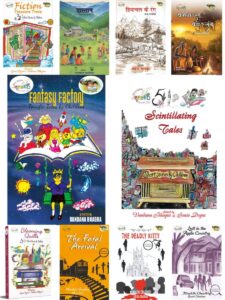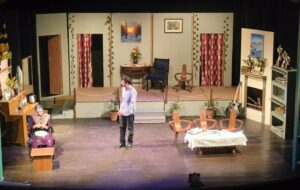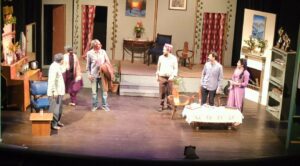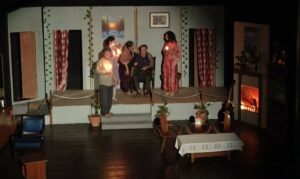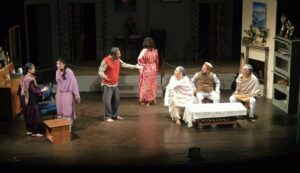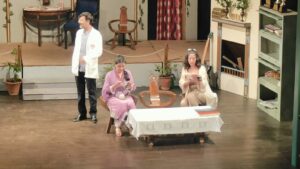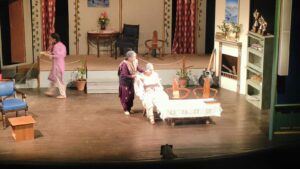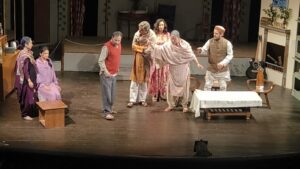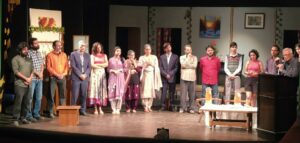
The four-day theatrical bonanza featured the famous play ‘Uncle Vanya’, by Anton Chekhov, was directed and adapted by Naresh K Mincha and performed at the Gothic Hall, Gaiety Theatre from 20-23rd June, a production of the Gaiety Theatre Repertory. Vanya Uncle is a powerful exploration of unfulfilled dreams, wasted lives, aimlessness, hopelessness unrequited love and the melancholy of rural existence. The play is set on a country estate and focuses on the lives of its inhabitants, particularly Vanya (Ajai Sharma and Naresh K Mincha) and his niece Sonya (Palak Sharma and Shruti Rohta), who have toiled for years to sustain the estate. The arrival of Vanya’s brother-in-law, Professor Serebryakov (Jawahar Kaul), and his beautiful young wife, Yelena (Heena played by Tanu Bhardwaj and Shailja Paal), brings tension and upheaval to their monotonous lives. Vanya becomes infatuated with Yelena, while Dr Astrov (Neeraj Parashar), the local doctor, also falls for her, creating a web of unrequited love and jealousy. The play is renowned for its intricate character development, poignant dialogue, and its exploration of themes such as existential despair and the search for meaning in life.

However, the adaptation of ‘Uncle Vanya’ attempted to stay true to the essence of Chekhov’s work but faced several shortcomings: The mother’s (Vasudha Kaak) character was portrayed as forever screaming at Vanya, a departure from Chekhov’s subtlety. This constant screaming lacked context or reason, making the character’s motivations unclear and reducing the depth of her role. The introduction and establishment of the characters felt weak and hurried, leading to a lack of connection with the audience. Key character traits and relationships were not adequately explored, diminishing the emotional impact of the story.

Another aspect was the play’s length as it was a bit lengthy, the movement was slow, causing it to drag a bit. This sluggish pacing made it difficult for the audience to stay engaged, detracting from the play’s dramatic tension and overall impact. Another interesting aspect was the use of different characters, which lead to inconsistency in the portrayal of characters. If you saw both the version you definitely felt a lack of continuity and cohesion, making it challenging for the audience to fully invest in the story. Another aspect of the play, the character of Meera, presumably meant to be a caretaker or family member, was not clearly defined in the adaptation. Her role lacked clarity and purpose, making it difficult to understand her significance in the narrative and her relationships with other characters.

While the adaptation of ‘Uncle Vanya’ aimed to bring Chekhov’s timeless work to life, it fell short in several areas. The lack of clear character development, slow pacing, and inconsistent portrayal of roles detracted from the overall effectiveness of the production. However, there were moments of relief and connection, the attention to details with respect to overall presentation and props was quite good. We hope that with each adaptation, we will see improvements.



